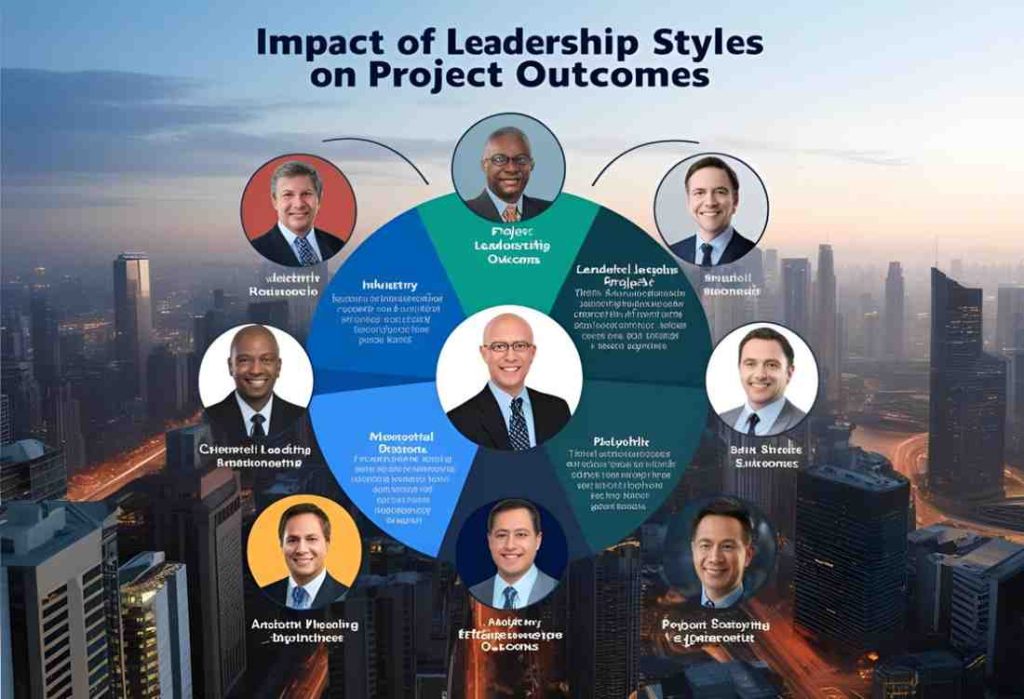
Soft Skills Every Project Manager Needs (But No One Teaches)
In the boardroom and the briefing room, it’s not just timelines and budgets that make or break a project — it’s people. And managing people? That takes more than checklists and Gantt charts.
While certifications like PMP or PRINCE2 teach you how to build a plan, few formal courses equip you with the soft skills that keep that plan alive — especially when scope creep kicks in, or your team hits a wall.
Here are the essential soft skills every project manager must master, even though they’re rarely on the syllabus:
1. Emotional Intelligence (EQ)
Projects are pressure cookers. Tensions rise, stress mounts, and tempers flare. A project manager with high EQ reads the emotional undercurrents of their team and responds with empathy and composure.
“Project managers with strong emotional intelligence are more likely to inspire team commitment and navigate change successfully.”
— Turner & Müller (2005), International Journal of Project Management
2. Active Listening
You’re not just gathering requirements — you’re reading between the lines. Active listening means not just hearing your stakeholders, but understanding their real concerns, even the unspoken ones.
A simple “Tell me more about that…” can save you from a misaligned delivery six months down the line.
3. Influence Without Authority
You often lead teams you don’t directly manage. That means you must influence outcomes without the leverage of hierarchy. Persuasion, trust-building, and stakeholder management become your superpowers.
4. Conflict Resolution
Disagreements are inevitable. The real question is: can you de-escalate tension before it derails progress? The best project managers serve as neutral mediators, restoring focus without playing favorites.
5. Adaptability
Plans change. Priorities shift. Clients pivot. A rigid PM breaks under pressure. But one who adapts without losing momentum? That’s gold.
“Agility is not just about methodology — it’s a mindset.”
— PMBOK® Guide, 7th Edition (Project Management Institute, 2021)
6. Resilience Under Pressure
Stakeholders breathing down your neck. A vendor missed the deadline. And your senior dev just quit. Resilience is the quiet strength that keeps you moving, calmly and steadily.
7. Cultural Intelligence
In today’s global workplace, you’re managing across cultures, time zones, and communication norms. Understanding how people from different backgrounds interpret feedback, deadlines, or collaboration is essential.
8. Time Management — For You
You manage timelines for everyone else, but what about your own calendar? Prioritizing, batching meetings, and carving out time to think are crucial survival skills.
9. Storytelling
Yes, storytelling. You must sell the vision to your team, report risks to executives in a compelling way, and turn complex progress updates into digestible summaries.
10. Constructive Feedback
Not just giving it — receiving it with grace. The best PMs foster a culture where feedback is seen not as a threat, but as a tool for growth.
Conclusion
You can learn to create a work breakdown structure in a weekend. But mastering empathy, communication, and grace under fire? That’s a lifelong journey — and what separates a technician from a true project leader.
References
- Turner, J. R., & Müller, R. (2005). The Project Manager’s Leadership Style as a Success Factor on Projects. International Journal of Project Management, 23(1), 49–61.
- Project Management Institute (2021). PMBOK® Guide – Seventh Edition. PMI Publishing.
- Goleman, D. (1995). Emotional Intelligence. Bantam Books.



